Learning Programs at the Willows
Pick the perfect day of learning for your students!
The Willows Ecology Center hosts school groups and small groups from all ages for special learning programs. Listed below are a sampling for the learning programs that are available as part of the Willows program.
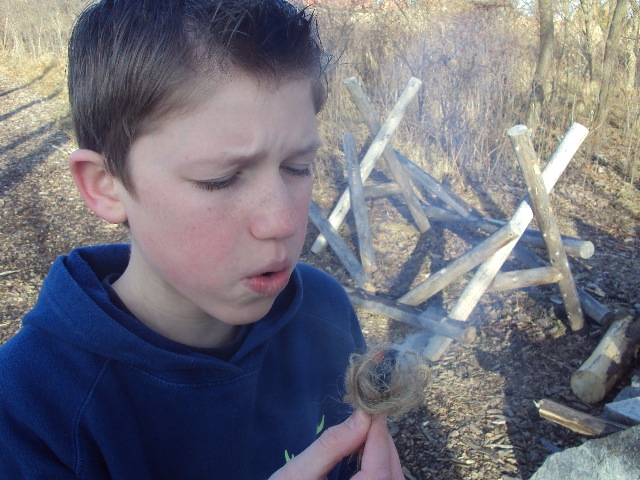 Flint and Steel Fires
Flint and Steel Fires
Use flint, steel, charcloth, and plant fiber to master this fire starting skill. Explore the history of fire technology using pictures and artifacts of Otzi the iceman, for a rare glimpse at ancient human life.
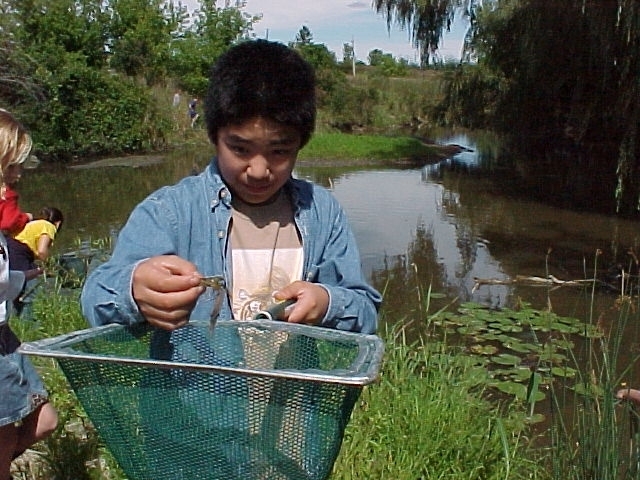 Swamp Life
Swamp Life
Sampling the biological community (bio assessment) is a great way to experience wetland ecological principles of biodiversity and interrelationship. Use dip nets, fields copes, field guides, and a dichotomous key to observe and classify local organisms.
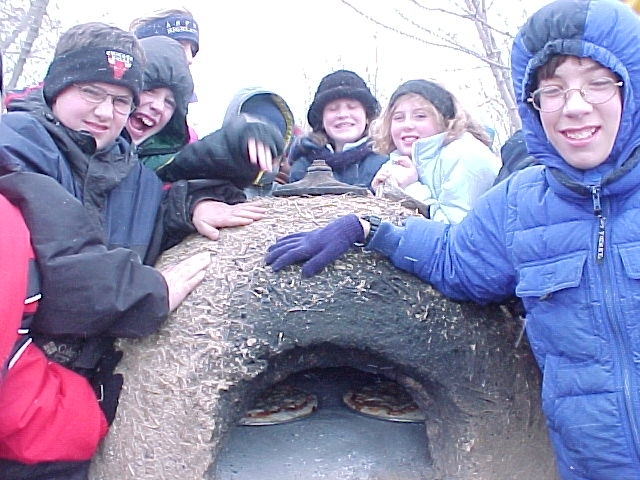 The Mud Oven
The Mud Oven
Experience the pleasure and satisfaction of using a wood fired, homemade earthen oven. Participants will grind local organic wheat, make crust, process firewood, and cook pizza in this simple yet sophisticated device.
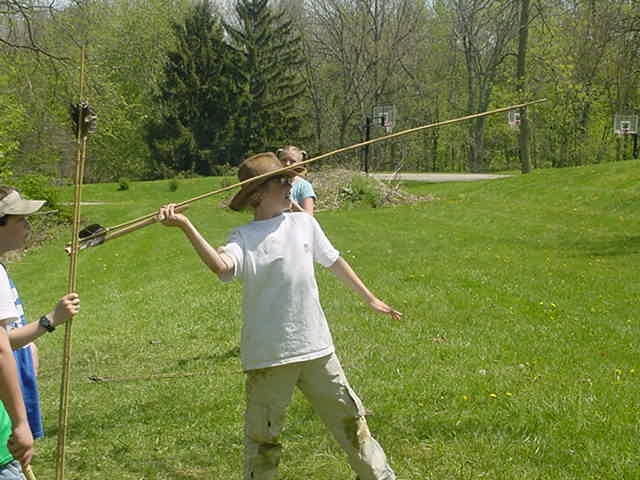 The Spear Thrower
The Spear Thrower
The cultural history, physics, and safety of the atl-atl (spearthrower) are covered in this introductory course which includes supervised target practice and competition.
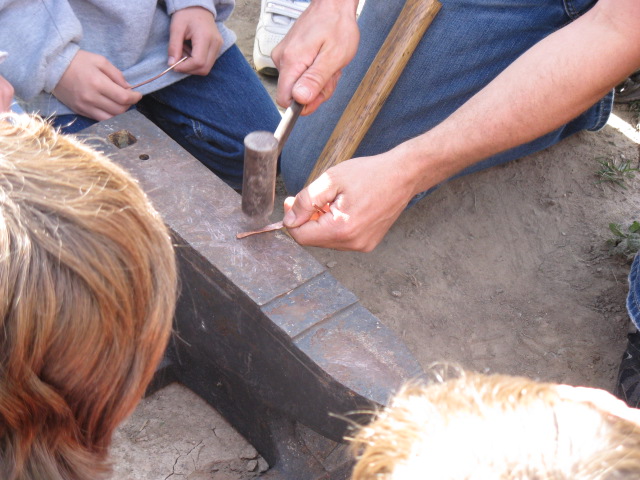 Copper Culture
Copper Culture
Great Lakes Indians have a 5000 year old history of working with copper from the Upper Peninsula . Participants will watch a brief slideshow with archaeological documents, maps, and artifacts. We’ll then pound reclaimed copper with hammer and anvil, fire it in a forge, and create three historically accurate tubular beads. Students leave with a homemade necklace or bracelet.
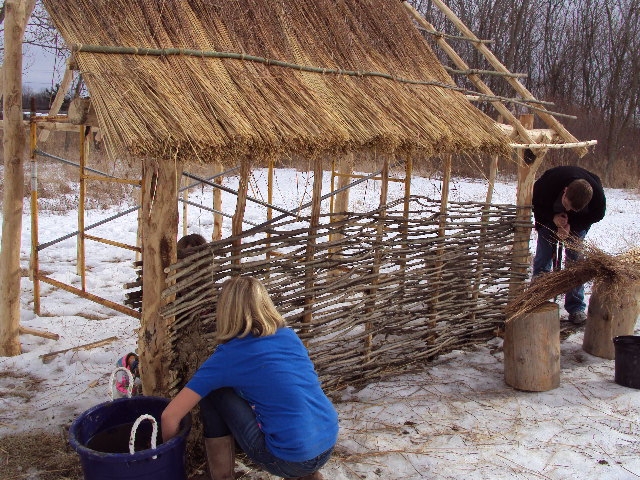 Cahokia
Cahokia
Participate in the reconstruction of a wattle and daub house with a bluestem thatched roof from the Mississippian mound builders. Learn about the 2nd largest pre-Columbian city in North America, which dwarfed London in 1050 ad and contained massive earthen mounds rivaling the Giza Pyramids.
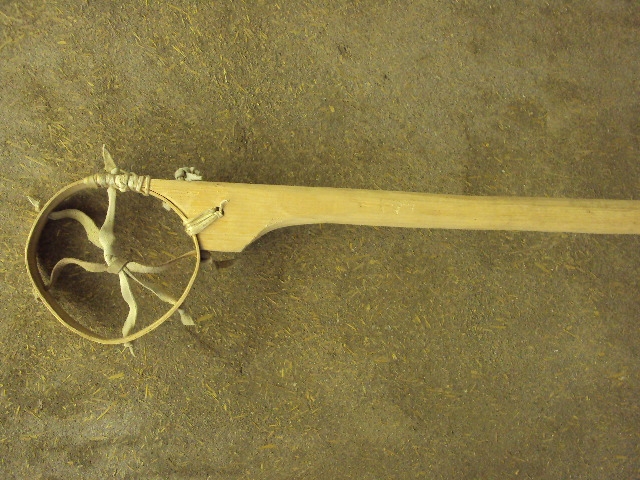 Indian games
Indian games
Play lacrosse with traditional great lakes white ash replicas as well as the modern sticks. More than an indigenous sport, learn about the tremendous cultural and historical significance of what has been called “little brother to war”. Rethink your understanding of gambling with bowl dice and take on the challenge of the deer toe game and kick sticks.
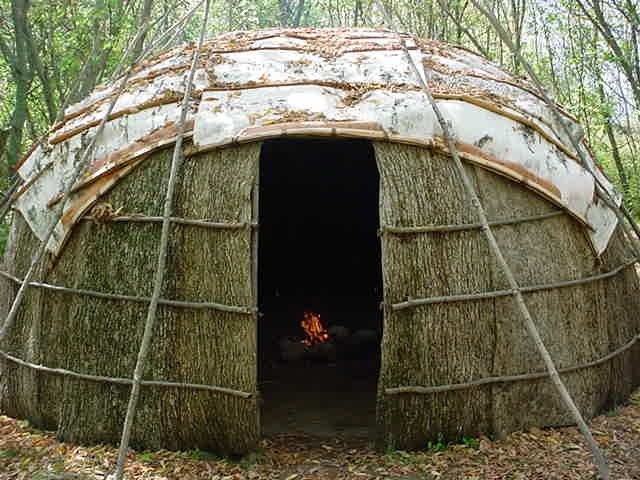 Great Lakes Native Introduction; Architecture and Technology
Great Lakes Native Introduction; Architecture and Technology
Experience a historically accurate traditional Indian House, the waginogan (bent house). While inside, examine cultural artifacts and replicas including black ash and birch baskets, gourd containers, flint knives, cordage, brain tanned hides, tumplines, and other stone, bone, and copper tools.
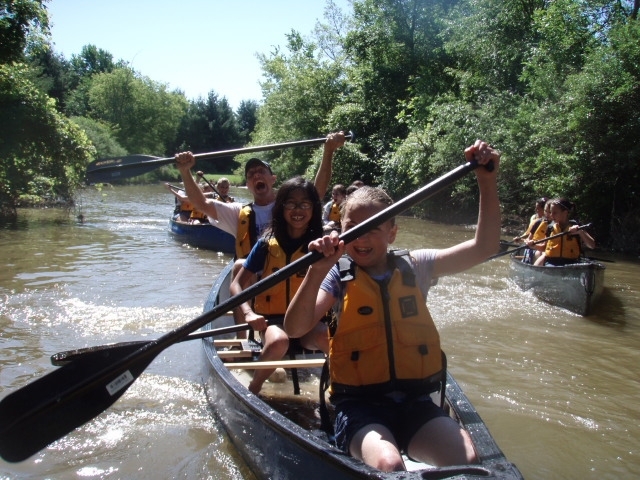 Canoe Trips
Canoe Trips
Thanks to a partnership between the Flint River Watershed Coalition, Lapeer Rotary, DNR, and numerous landowners, you can canoe for 10 hours on Farmers Creek and the South Branch of the Flint River. You will be shocked at the quality of local canoe adventures which can be custom fit for your group.
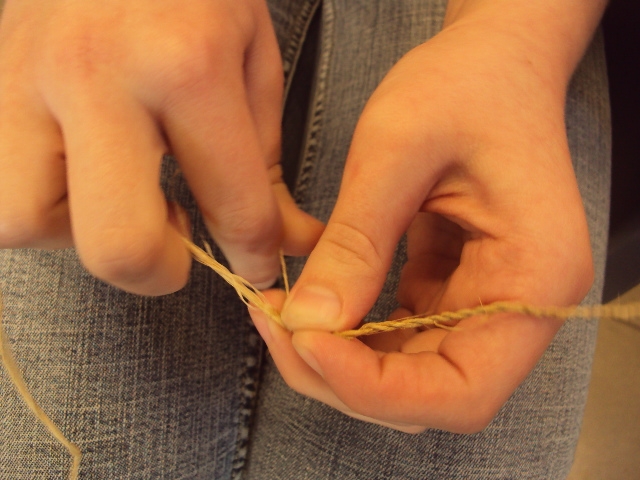 Cordage
Cordage
Students will learn about the traditional art of cord making. Plant fiber from a variety of local plants including milkweed, stinging nettle, dog bane, and basswood are use to make cord.
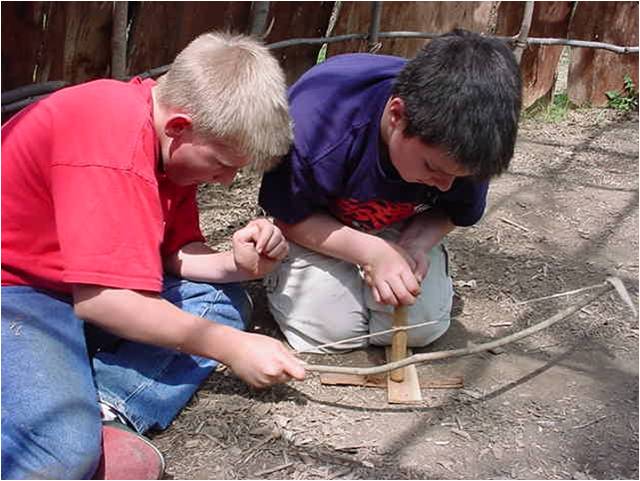 Bowdrill fires
Bowdrill fires
Students use a bowdrill to start fires. Fire by friction can be accomplished as an individual or in teams using local materials including dogwood and deer hide bow with white cedar spindle, fire board, and tinder.
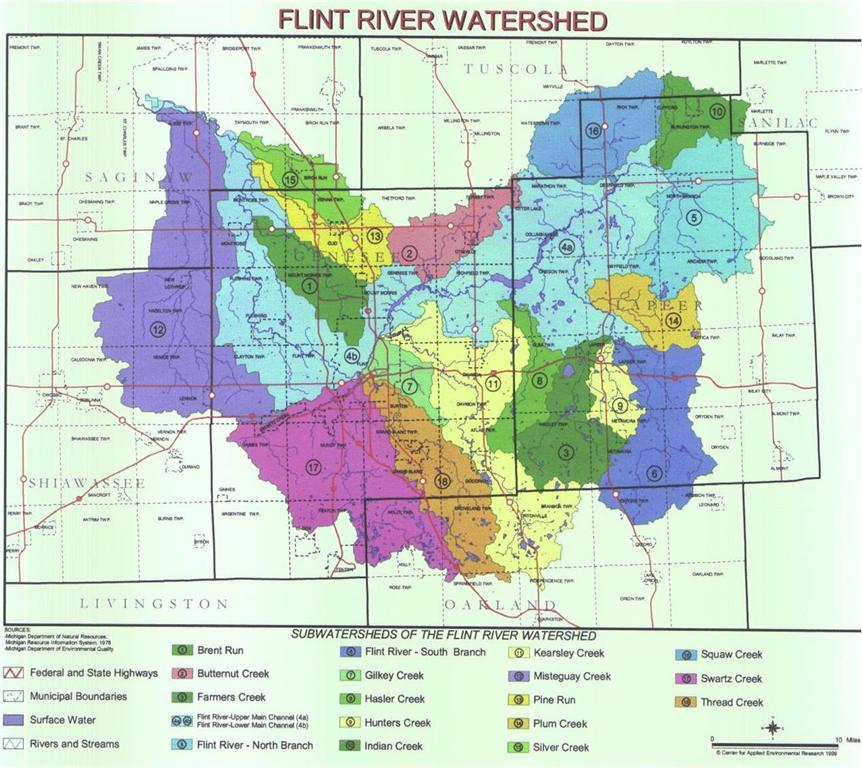 Your Local Watershed
Your Local Watershed
Hike to nearby Farmers Creek to experience the beauty of the Flint River Watershed. Follow water from your backyard to the sea and learn about best management practices, habitat restoration, and grassroots water activism.
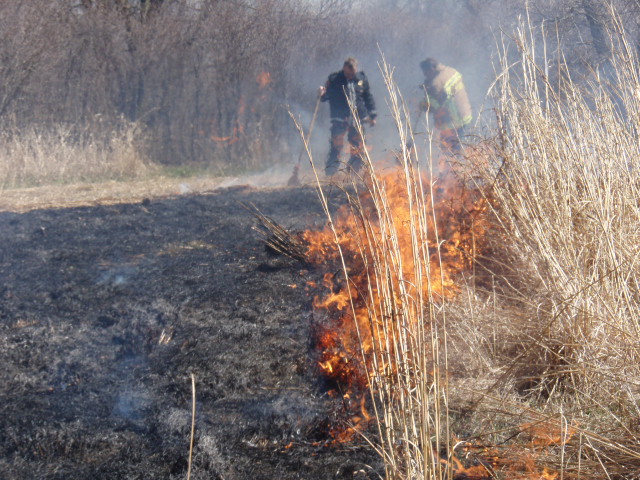 Habitat restoration
Habitat restoration
Explore restoration efforts at Prairies and Ponds at Oakdale, a 35 acre nature park and urban migratory stopover sight. Learn about prescribed burning, cavity nesting birds, prairie plant adaptation, water control structures, wetland management, and the cultural history of this universally accessible green space.
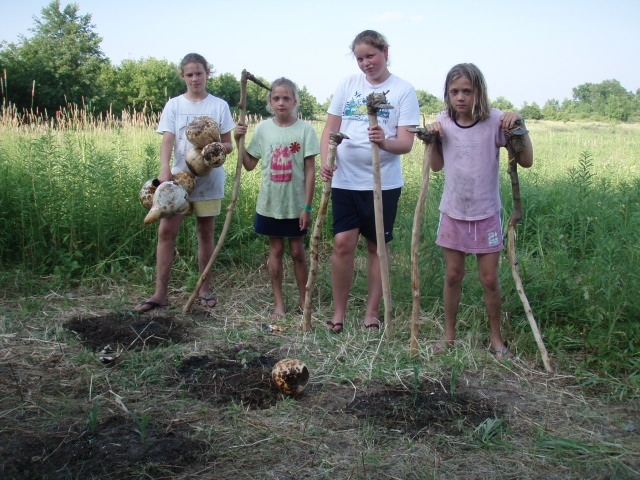 Native Agriculture
Native Agriculture
Using a variety of stone and bone tools, participants learn about the three sisters(corn, bean, and squash) garden and the early woodland era garden. Included are archaeological documents, primary sources, and tool construction. Seasonal.
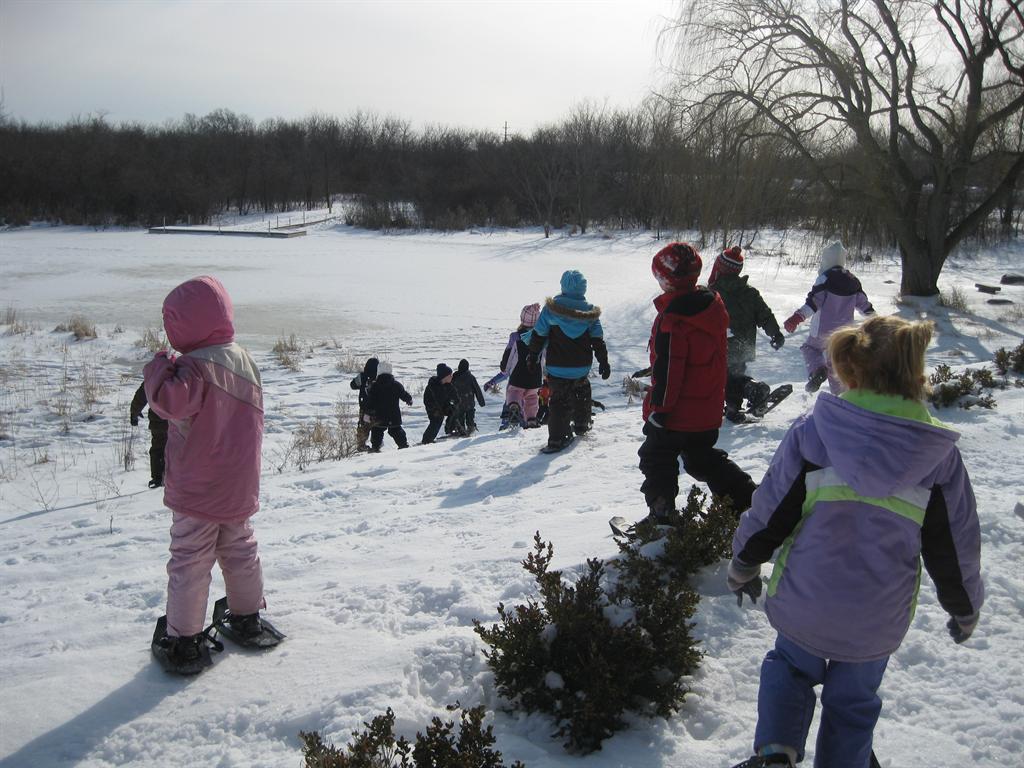 Snowshoeing
Snowshoeing
Have a winter blast exploring the wild places on snowshoes. Our size range of lightweight snowshoes have bindings that fit any child boot and even have cleat on the bottom for extra traction on ice covered ground. Learn about the history of snowshoes and connections to similar animal adaptations.
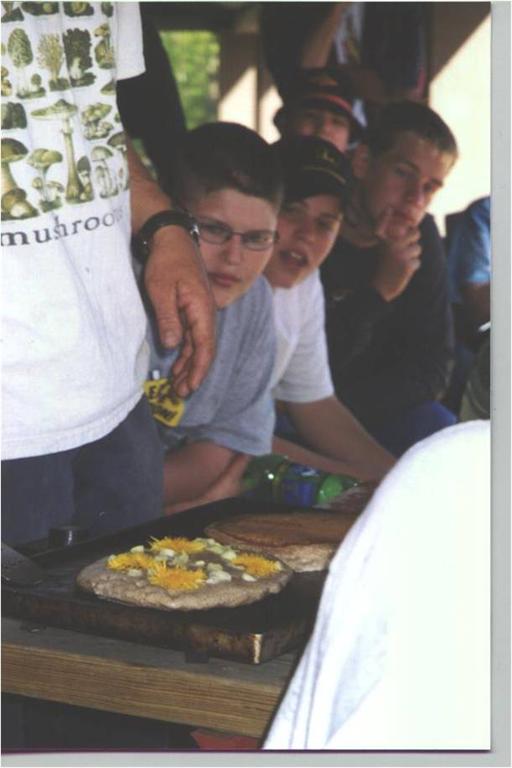 Wild Edible Plants
Wild Edible Plants
Use all your senses while foraging for a variety of delicious local edible plants. Learn about their historical use, habitat value, nutritional content and identification. Try acorn flour pancakes and white pine needle tea!
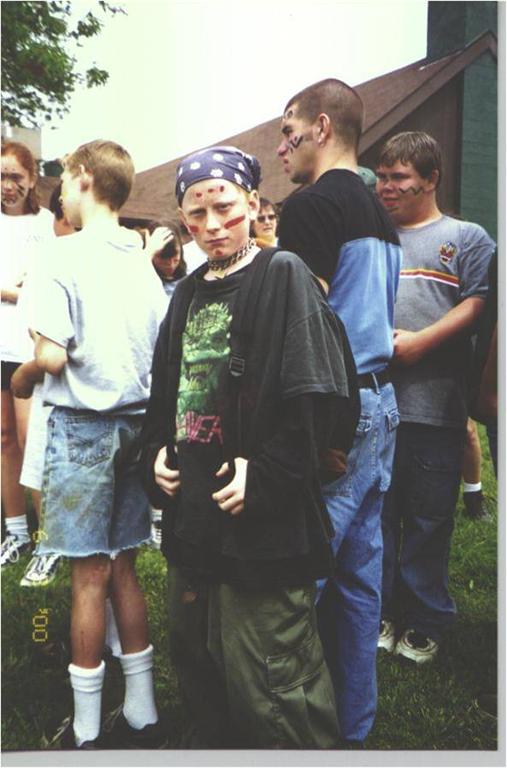 Predator/Prey
Predator/Prey
Students role play as omnivore, herbivore, or carnivore while obtaining the habitat requirements of food, water and shelter. A huge playing field is the setting for wild animal behavior including predator/prey attacks, and interactions with a human.
Orienteering
Use a professional orienteering map, flags, punches, and a compass to successfully navigate a course thru adjacent natural areas. Challenge your team to use math skills, map skills, and personal fitness to compete for time and distance victory.
Due to the multi-disciplinary nature of experiential education, these classes can be aligned to numerous glecs in Social Studies, Science, Math, and Literacy. We will work with you to customize developmentally appropriate activities which fit your curriculum standards. There are numerous additional lessons that can be offered with these classes depending on your objectives. Pricing $5-$15 per student/ per day depending on student to teacher ratio, length of time, and program choice.
Community Programs
In addition to ecology field studies for schools, the Willows offers numerous programs for the Lapeer community.
- Summer Ecology Camp. Multidisciplinary, hands-on, day camp during summer vacation.
- Watershed Programs. Canoe trips for families and community groups. Partnering with the Flint River Watershed Coalition on river cleanup events. www.flintriver.org
- Wild Lapeer, A celebration of Earth Day. A partnership with many local non-profits to plan, sponsor, and provide programming for a free public festival at Chatfield School and Prairies and Ponds at Oakdale. www.wildlapeer.com
- Davis Brothers Farmfest. A partnership with the Lapeer County Historical Society to plan, sponsor, and provide programming for a free public festival celebrating Lapeer's farm history at the Davis Brothers Farmshop Museum.
- Lapeer Art & History Festival A partnership with the Sunrise Kiwanis to sponsor, and provide programming for a free public festival on the Chatfield/Mott Campus.